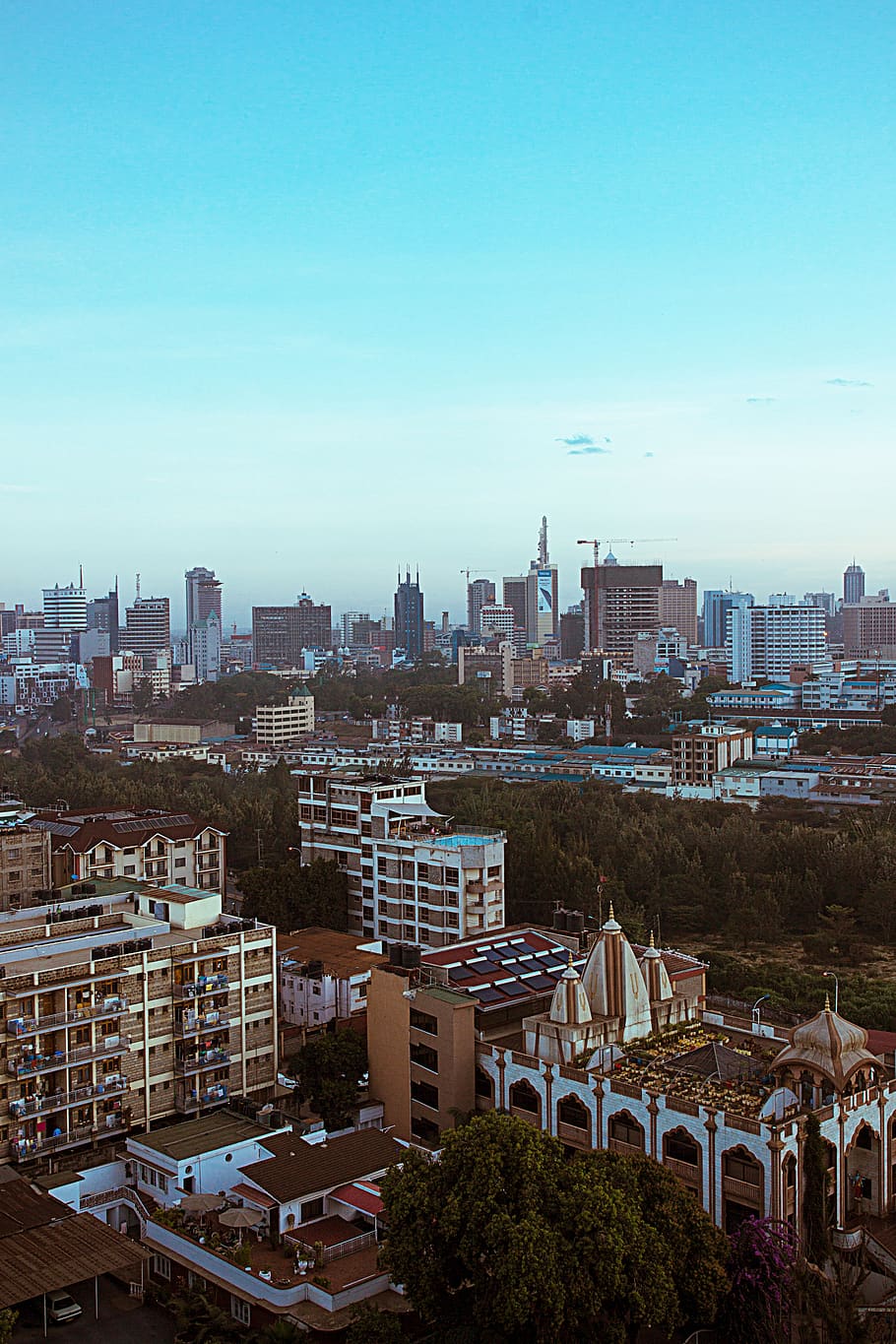
- Date
- 14th April 2021
- Categories
By Martin Price (Gamos Ltd.).
By 2050, it is projected that there will be 2.5 billion more people living in cities compared to today, and 90% of this growth will take place across Asia (1.2 billion) and Africa (1 billion). The challenge of providing universal energy access in urban areas is only increasing, due to the pace of urban growth, limits to distribution networks, and numerous other technical and policy challenges.
The urban workstream within the MECS programme is designed to deepen our understanding of the challenges and opportunities of cooking transitions in urban contexts, which vary from country-to-country, and city-to-city. A new working paper Modern Energy Cooking Services: An Urban Perspective marks the launch of the urban workstream, demonstrating how an embrace of urban studies research into the complexity and nuanced of contemporary urban life will only enhance our contribution to modern energy cooking transitions across Africa and Asia.
While development policy may have an implicit urban bias, acknowledging cities as the principal drivers of industrialisation and economic growth, development practice still tends to target rural populations deemed to be more vulnerable, deprived, and/or marginalised. And yet, urbanisation in the global South is said to have revealed “a new face of poverty, one in which urban communities cannot access or afford basic modern energy services for their development and empowerment” (Singh et al. 2014, p.339). The paper responds to the pressing need for development practitioners to engage more deeply in urban life and urban change processes, with respect to facilitating a shift from biomass to modern energy alternatives for cooking.
The paper introduces a range of urban studies concepts that may prove useful in understanding the pace and nature of modern energy cooking transitions in cities. These include socio-technical approaches, urban assemblages, everyday urbanism, southern urbanism, and climate urbanism. These concepts invite development practitioners and analysts to reconsider the cities and towns they are working in, to identify the implicit assumptions being made about what constitutes the ‘urban’, and to explore how an urban focus can drive a more nuanced understanding of opportunities, challenges and theories of change in cities. The concepts prove particularly important in emphasising the potential value of traditional fuels, urban ‘pockets’ of opportunity, and urban change processes.
A MECS urban research agenda is proposed towards the end of the paper, comprising of internal, desk-based research as well as field research projects to be commissioned in 2021. The MECS Urban workstream is an opportunity to engage in cities with high potential for modern energy cooking transitions, which will in turn provide new and invaluable insight into the pace and nature of these transitions in urban contexts more broadly. The work packages (WPs) relevant to external consultants and research organisations will focus on the relationship between urban life, energy ‘access’ and cooking fuel choices (WP2) and repair, maintenance and eWaste infrastructures (WP3).
The working paper can be found here.
An extended executive summary can be found here.
…………………………………………………………………………..
Featured image: Piqsels.